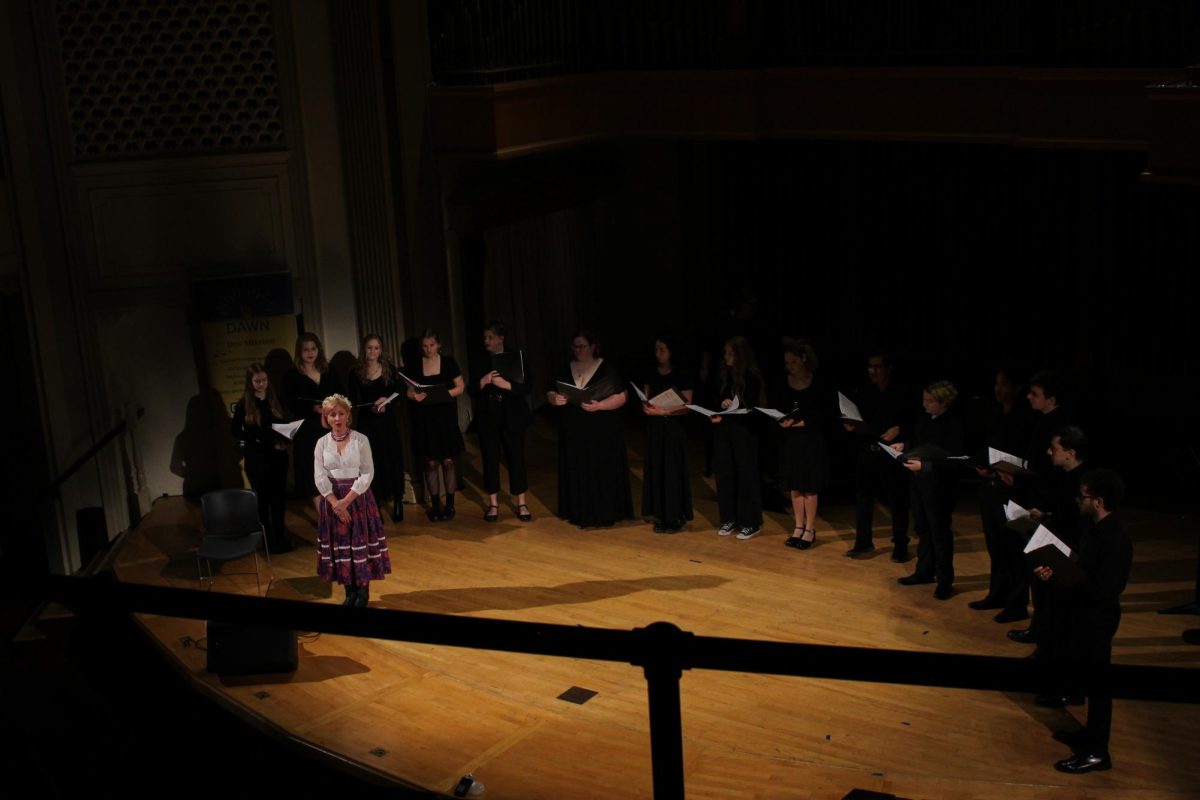Dominic Baez
Managing editor
This election rewrote the rules. The presidential race will never be the same again.
The epic battle that took place between Sen. John McCain and president-elect Barack Obama is one for the history books. But nearly lost in the endless struggle for the White House was how this election changed the race.
Reaching voters, raising money, organizing supporters, managing the news media and political attacks: These are just some of the factors that were altered this election.
One of the biggest changes this election was a skyrocketing interest in politics, especially among younger voters. Jumps in voter registration and early voting, not to mention the attendance levels at Obama’s rallies, are fierce indicators of such a change. That is a reflection to no small extent of the unusual interest stirred by his campaign.
“I see change extending to the extent that students feel their votes matter and that the administration is addressing matters that are important to students,” Professor of Political Science Dawn Nowacki said. “When students begin to feel that their votes no longer matter, though, they will demobilize. But people feel that their votes counted this time.”
Obama is a different candidate, she said, one who is credible to students.
“Obama is a charismatic figure, and he brought a message of change and hope,” Nowacki said. “Generally, students are not racist. That didn’t seem to play a part in this election. It seems to me that they understood the high stakes that would be involved if things didn’t change.”
It has been supported by both Democrats and Republicans that this heightened interest was a result of the way the Obama campaign wanted to comprehend and harness the Internet in a way never before accomplished. The campaign sought to organize supporters and to reach voters who no longer rely primarily on information from newspapers and TV. One of the most innovative platforms was cell phone text messages, which the campaign was sending out to supporters Nov. 3 to remind them to vote.
“It’s an incredible phenomenon,” Nowacki said. “It’s a tribute to his staff and allowed him to raise much more money that way. It’s an indicator of youth: They are more savvy with technology. They are more online tech-savvy.”
However, this isn’t necessarily a good thing. Because of this highly inventive method of collecting donations, public financing may forever be changed.
“I support public financing– most other similar countries do–because it keeps special interest groups out,” Nowacki said. “McCain used public financing because he couldn’t raise enough
money. McCain had limits. Using the Internet, Obama was counterintuitive.”
Obama’s use of the Internet allowed him to also build an enormous network of financial contributors, one that permitted him to raise an unprecedented amount of money. This granted him the ability to compete in states that are normally Republican states.
Republicans and Democrats both say that Obama’s efforts in places such as Indiana, North Carolina and Virginia–organizing and advertising to voters who previously had little exposure to Democratic ideas and candidates–will force future candidates to think differently, The New York Times stated.
Another shift is evident in this election, extending beyond what Obama did: a shift in voter preparedness. The voters who hit the polls this year were a demographic that was better informed and more skeptical. As a result, this new electorate tended to be more questioning and often used the Internet to do its own fact-checking.
“I can’t emphasize the change that will happen,” Nowacki said.
She said the changes involve more than just American politics. Foreign policy will be heavily altered from this point.
“The current administration has started two wars,” she said. “The war in Iraq was not necessary. That was a preventative war; we’ve never had that in our history. I don’t think that portrays the American way. Obama will use persuasion and talking, not throwing around military power.”






